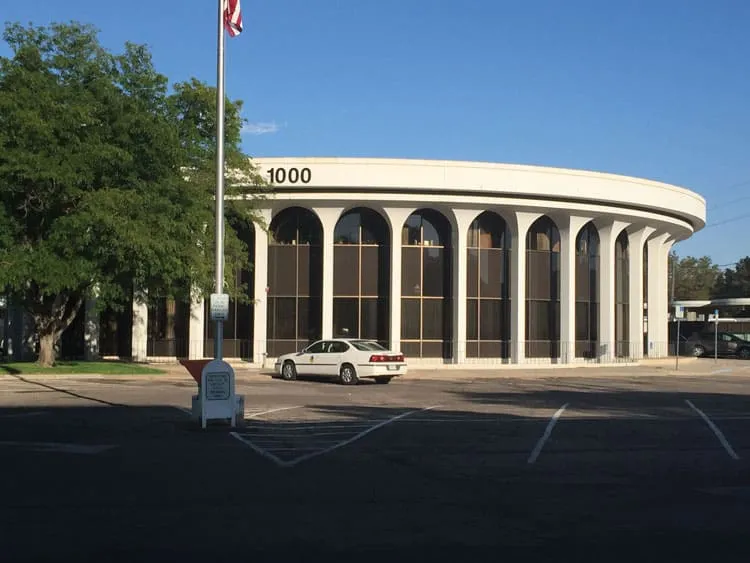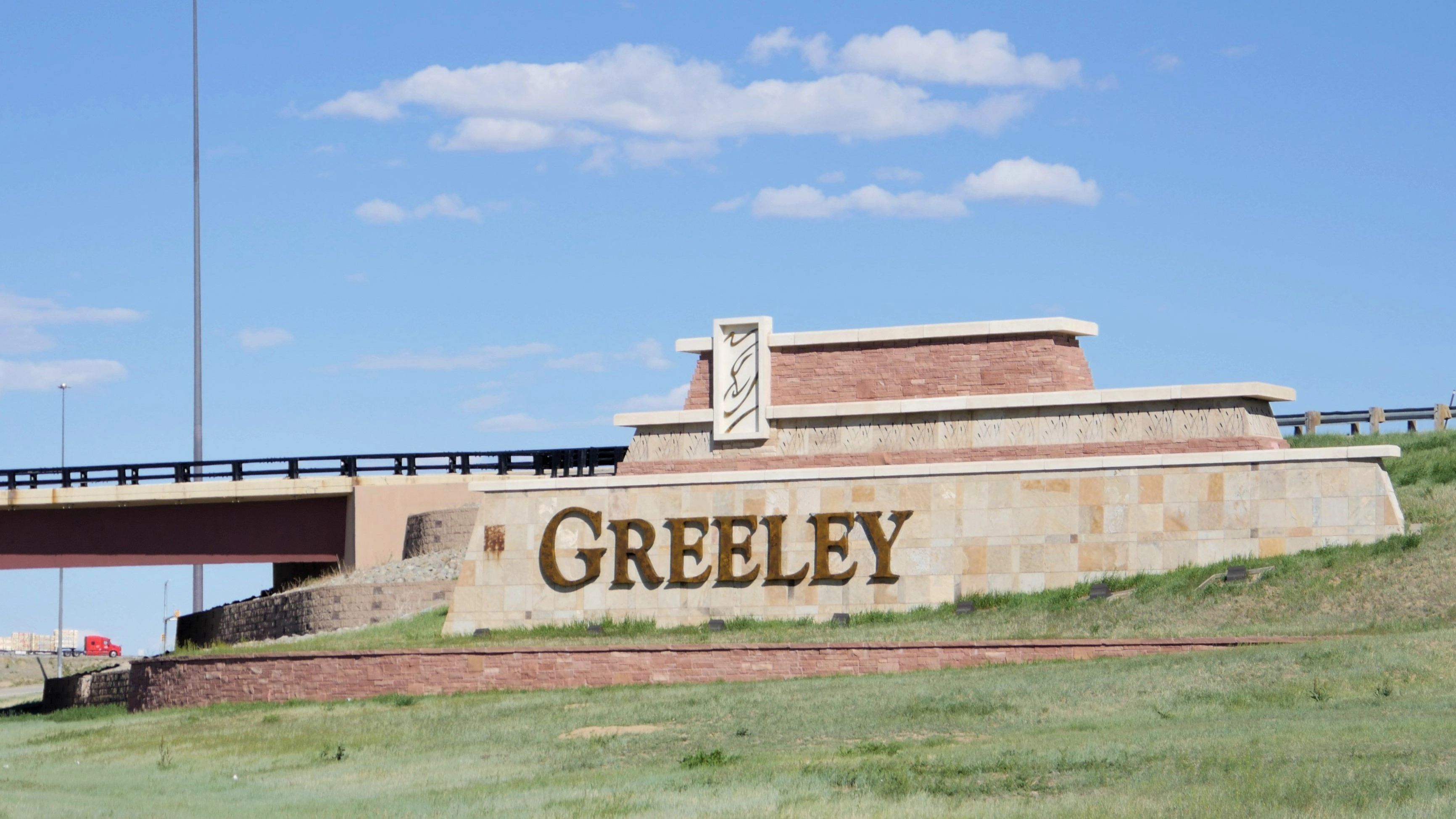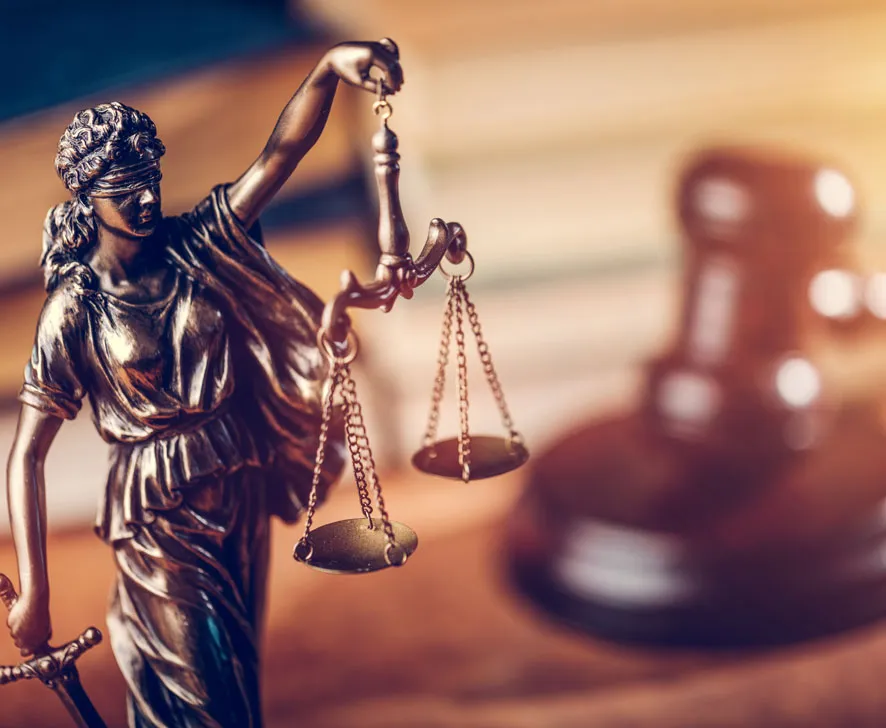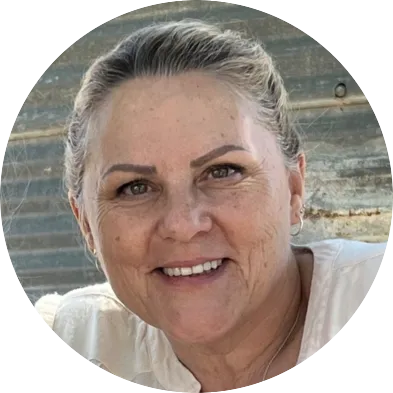Greeley planning to raise stormwater rates 61% to address flooding

GREELEY — The late May storm that put several businesses and homes in Greeley underwater was the straw that broke the camel’s back. After decades upon decades of city — especially downtown — flooding, the Greeley City Council decided Tuesday night they needed to fix the problem.
“It’s basically a review of the entire system; there are some components of the system that we need to fix and stop messing around with, and it’s going to come with a price tag,” Mayor John Gates said after the city council work session. “The entire Greeley downtown stormwater system has been kicked down the road for years because of budgetary concerns, and we can no longer do that.”
For residents, that will likely mean a 61% increase in their stormwater rates beginning in 2025. These are the numbers moving into the 2025 budget cycle, and that budget will have to go through public hearings this fall.
Stormwater rates have been the lowest rates in residents’ “water” bills, which includes water and sewer. With those three combined, Greeley customers’ water and sewer bill will increase nearly 13%.
While percentages may look scary, the increase for the entire water, sewer and stormwater bill is expected to be $15.80 a month. That would make an average total residential bill of about $141.18 a month.
The discussion comes after the massive damage that a May 28 hailstorm inflicted on parts of Greeley. Typically, in heavy spring rains, Greeley’s downtown floods. But with this storm, golf-ball sized hail clogged drains, while the amount of rain fell was immense. The storm was so heavy that Greeley had to declare a disaster.
“The District 6 administration building alone had $1 million worth of damage,” Gates said after the meeting.
The plan the council agreed to move forward with addresses stormwater drainage throughout the city, from Poudre River Ranch all the way to east Greeley.
The council noted the socioeconomic differences between the two areas, and that there is a question of parity. Why should people in one part of Greely pay for another part’s infrastructure issues?
“We’re not going to take all that money and pay for three projects,” Greeley’s stormwater manager Karen Reynolds told the group. “The money we might collect in 20 years might fix your neighborhood. It is a communitywide need. If you drive the street and it has a drain, stormwater is paying for that.”
The council considered lower stormwater rate increases, but those options would push back other needed stormwater improvements by years. The 61% increase addressed all necessary issues that span the city.

“I think it’s topographical; water runs downhill and downtown is at the bottom,” Councilwoman Deb Deboutez said in the work session. “Stuff happening at Poudre River Ranch is eventually in downtown.”
Mayor pro-tem Dale Hall said after the meeting that while they know many will not like the increases, it is time to stop ignoring the problem: “We decided as a council to bite the bullet and do the things that need to be done to accelerate the projects and get stormwater fixed as soon as we can possibly do it.”
Council members know that they will get some pushback on the increases, especially from lower-socioeconomic areas.
“The east side of town is one of the lower income brackets in the city, and asking them to pay for stormwater rates in Poudre River Ranch, the people who have lovely river views, honestly, that’s where I struggle,” councilman Tommy Butler said in the work session. “If we do have a program that helps stormwater rate increases for lower-income residents I’d be more in favor of that.”
The council did agree to create a program to help lower-income residents absorb the rate increases, much like the city already does with the food tax, whereby residents can apply for rebates based on income levels.
“We’ll continue to look at options,” Gates said. “It’s going to come with a price tag, some of that will fall back to our residents, some who have reached out to me, especially those subject to flooding who say the cost is irrelevant. But there are others who say they can’t take on anymore. It is a systemic issue, and I don’t know how to get around it.”
Greeley residents likely will see a 61% increase in their stormwater rates beginning in 2025 as the city seeks to address flooding issues.
THIS ARTICLE IS FOR SUBSCRIBERS ONLY
Continue reading for less than $3 per week!
Get a month of award-winning local business news, trends and insights
Access award-winning content today!




